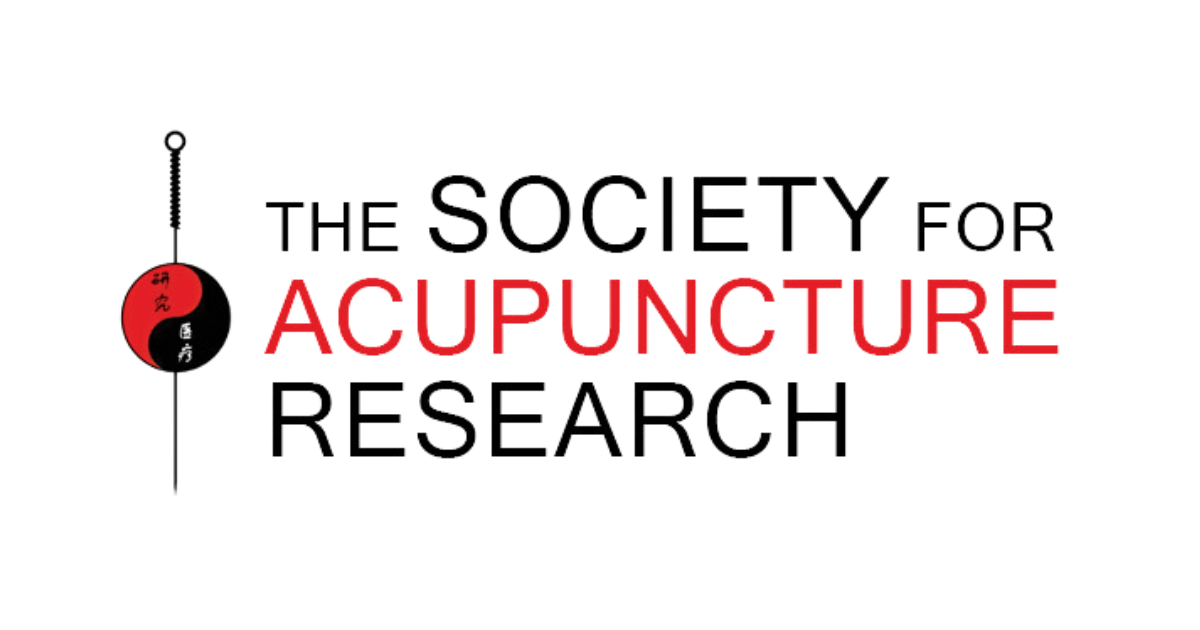2023 ConferenceMEMBER SYMPOSIA #7-9 Saturday, May 20, 2023 (12:30pm - 2:00m)
Member Symposium #7: Future Digital Health - Opportunities and Risks for Acupuncture and Integrative Medicine Presenters: Daniel Pach, PhD; Suzie Zick, PhD; Younbyoung Chae, PhD; and Claudia M. Witt, MD, MBA Digital Health is increasingly impacting health care worldwide. This trend can enable positive developments. It can, besides others, improve patient empowerment, simplify self-care, allow remote care or facilitate personalized medicine by intelligent collection and usage of data and improve patient centered-care. Research is needed to clarify the overall benefits, risks and costs of digital health. The symposium aims to introduce to recent developments of digital health in four different countries, give an outlook into a possible future from the perspective of Acupuncture and Integrative Medicine and provide room for critical discussion.
Member Symposium #8: Acupuncture in the Veteran's Health Administration Presenters: Benjamin Kligler MD MPH; Juli Olson, DC, DACM, FAIHM; Steph Gregory, DACM, LAc; and David Drake, MD The Department of Veterans Affairs is engaged in a cultural transformation of health care from a disease-oriented approach to one that considers the whole person - shifting the conversation from "what is the matter with you" to "what matters to you". The goal is to empower Veterans, their caregivers and VA employees to take charge of their life and health. The Whole Health System (WHS) equips an individual with the resources to do so. The tools to equip an individual are comprised of several elements: 1) Whole Health Clinical Care which includes all traditional medical care offered at the VA including complementary and integrative health (CIH) options, 2) The Pathway which provides support, often from peers, to guide an individual to discover their Mission, Aspiration and Purpose (MAP) in life, and 3) Well-being Programs which seek to improve health, quality of life and prevent disease. This lecture series will be divided into three parts: 1. Findings from the WHS approach to care. 2. Acupuncture’s role in the WHS and incorporation of acupuncturists. 3. Findings from the widespread use of Battlefield Acupuncture and Battlefield Auricular Acupressure.
Member Symposium #9: Measuring Patient-Centered Care: Common Data Sets for Acupuncture Trials across Women’s Lifespan Presenters: Kate Levett, PhD; Lisa Conboy, PhD; Rosa Schnyer, DAOM, IFMCP, LAc; Belinda "Beau" Anderson, PhD, MA(Ed), LAc; Kathleen Lumiere, DAOM, LAc; and Lisa Taylor-Swanson, PhD, MAcOM, LAc "A core outcome set (COS) is an agreed standardized set of outcomes that should be measured and reported, as a minimum, in all clinical trials in specific areas of health or health care." Clinical trial and Systematic review evidence for acupuncture has the capacity to impact practice and implementation in health care systems, but has been severely limited by methodological quality, low sample sizes, and heterogenous outcome measures with variable relevance to whole-person health. Establishing a COS describes a method of consensus where health care consumers, practitioners, and researchers can contribute to the creation of a set of outcomes that are relevant to research, practice and consumer needs. COSs have the capacity to increase consistency across trials, maximizing their potential to contribute meaningful data to systematic reviews. The outcomes are more likely to be appropriate and relevant to consumers and practitioners, and they also have the potential to improve the quality of research and reduce bias. This presentation will describe the concept of developing COSs across the lifespan of women’s health, exploring the intersection across life stages to establish common themes, and diversion between stages requiring specific measures (represented in the table below). We will invite all relevant stakeholders to join us in a workshop at the end of the conference to begin the process of establishing the core outcome sets via a modified Delphi method. We will present an overview of proposed common data elements across women’s health. We employ a lifespan approach. Topics: 1. Overview and process 2. Women’s overall health 3. Menstrual health and fertility 4. Pregnancy 5. Menopause
|
